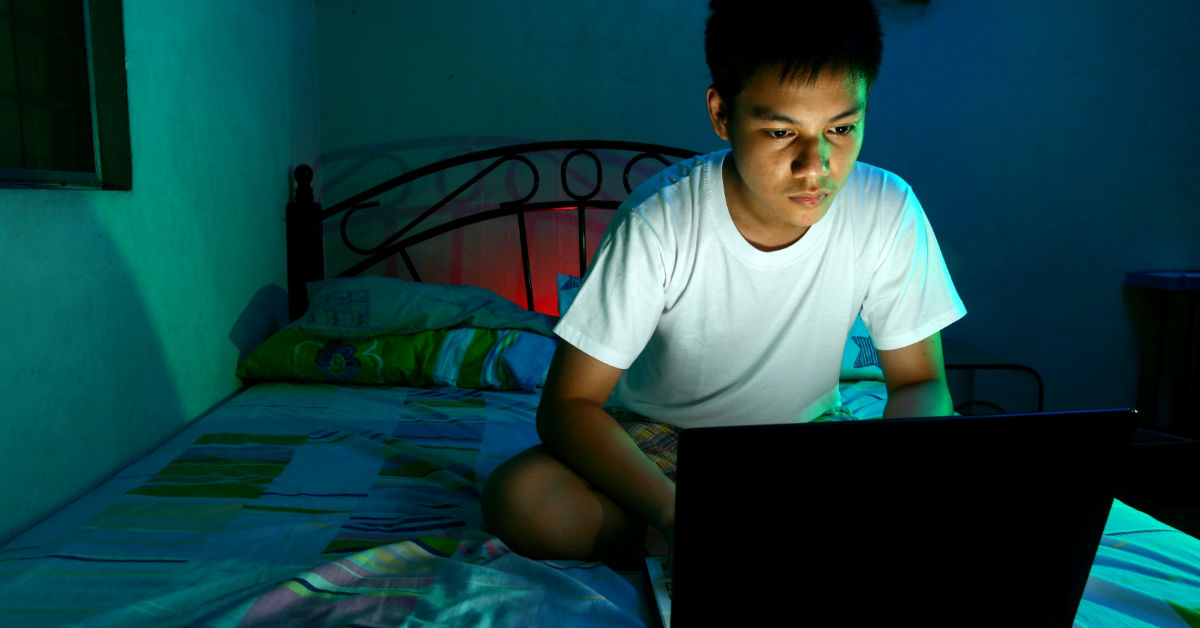All adolescents go through a phase of seeking to understand their own sexuality. There’s a certain amount of experimentation and exploration during this time of which parents should be fully aware.
Though a little exploration is normal at their age, it’s not something you want to get out of hand. The results of a pornography or sexual addiction can have a powerful impact on the rest of their lives. It can hinder relationships, work, and even normal daily function. Understanding this problem is the first step in combatting it.
Recognizing Compulsive Sexual Behaviors
Compulsive behaviors will almost always start with pornography. To see if this is a problem, start by checking the browsing history on their smartphones and any other internet-enabled devices they have access to. You might also notice them shutting themselves in their rooms or the bathroom for long periods of time, socks or towels stained with semen, and other abnormal behaviors.
If this behavior continues, it can turn into aggression against the opposite sex. If there are any reports from school that indicate these behaviors exist, take them seriously. It’s very important to recognize compulsive sexual problems at the start in order to help.
Managing Compulsive Sexual Behaviors
There are several things parents can do to seek help for their teens in this situation. Primarily, parents will need to take a proactive approach. Compulsive sexual behaviors are the result of an addiction, which doesn’t take a break just because you do. Here are some things you can do to help your teenagers overcome the problem.
- Get to the bottom of things. Talk to your kids about the dangers of indulging in such behaviors and how it can get out of hand. Set goals for improvement.
- Monitor any devices connected to the internet. Here are some things you can do:
- Set parental guides for video streaming services.
- Use a parent-controlled web browser.
- Take smartphones away at night.
- Check browser history.
- Place family computers in a public place.
- Keep an eye on teens in a relationship. Nowadays, kids are dating as early as 12 years old, which raises the risk for sexual promiscuity. Being aware of your kids’ whereabouts and setting ground rules can eliminate certain problems.
- Get treatment for your teen. This usually involves psychotherapy and self-help groups and can sometimes include medications. It’s a long and grueling process, and the addiction may never go away completely, but these treatments help to control it.
- Try a therapeutic treatment center. There are certain institutions that specialize in compulsive sexual behaviors, and they can help your teen overcome their challenges through professional counseling and group activities.
At Help Your Teen Now, we understand the difficulties of raising a teen with behavioral problems. With our services, you can find the right resources and treatments to solve the problem and help your teen live a normal life. Call today at 1-800-901-7347.











0 Comments